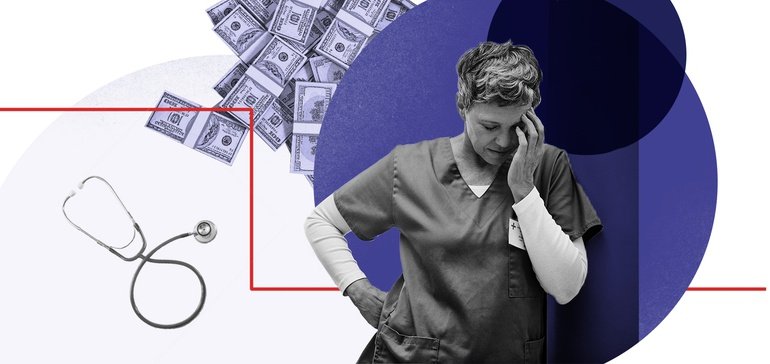
Dive Brief:
- Primary care practices are playing a significant role in vaccinating people in the U.S. for COVID-19, according to a new survey from the Primary Care Collaborative and the Larry A. Green Center.
- The PCC surveyed more than 650 primary care physicians, nurse practitioners and pharmacists in 48 states, the District of Columbia and Guam. Altogether, nearly four out of 10 practices are administering the COVID-19 vaccines, “a marked increase” compared to just a few weeks prior, while 47% are partnering with local vaccination administration sites. “Primary care is now beginning to be leveraged to target the vaccine to hard-to-reach populations,” the survey’s authors concluded.
- The news comes as practices are financially stabilizing more than a year after the pandemic began. However, primary care practices are facing enormous challenges in the near term, including pent-up demand for medical and mental health services and a growing feeling of exhaustion among physicians.
Dive Insight:
The nation’s primary care physicians have been battered by the COVID-19 pandemic, as patients put off elective care and practices had to cope with ramping up telehealth operations in just a matter of days. But they appear to be rebounding.
According to the PCC/Green survey, 38% of primary care practices say they are administering vaccines. Just a few weeks before, nearly half of practices said they wanted to administer vaccines but could not find a steady supply. The report shows that 42% of those administering vaccines are partnering with local health departments, while 34% are partnering with local healthcare systems.
However, just 19% of those surveyed say they have been able to obtain a steady supply of vaccines.
Meanwhile, the financial and work pressures that stemmed from the pandemic are continuing to take their toll, with data suggesting that practices are experiencing emotional whiplash. About 70% of those surveyed said their level of burnout and mental exhaustion has reached an all-time high. However, 38% say they are experiencing severe strain, compared to 85% last May. Yet nearly 40% say they require some form of mental health services or support, while four out of five say they have fielded calls from colleagues (and patients) in the midst of mental health crises.
Nevertheless, practices are forging what the survey called “new pandemic-era partnerships” to address social determinants of health and inequities. More than three-quarters of the practices surveyed say they are entering into such partnerships, including 42% with public health systems, 28% with community organizations and 18% with food banks or food pantries.
The survey suggests that as control of the pandemic takes place in the U.S., such services will be sorely needed. Health screening activities are double what they were in May 2020. Patients are being screened for substance use, social determinants of health, violence and abuse, post-traumatic stress disorder and depression, among other issues.
